Ecstasy
$250.00
Description
💊 What Is Ecstasy?
Understanding MDMA — The Party Drug with a Therapeutic Edge
🧬 Introduction to Ecstasy (MDMA)
Ecstasy, commonly known by its chemical name MDMA (3,4-methylenedioxymethamphetamine), is a synthetic psychoactive substance known for its ability to enhance mood, empathy, and sensory perception. Originally developed in the early 20th century, MDMA became popular in the 1980s rave and nightclub scene.
Today, Ecstasy is being studied and used in clinical trials for its potential to treat PTSD, anxiety, and depression.
🔍 What Does Ecstasy Look Like?
Ecstasy is typically found in one of three forms:
-
Pills or tablets (often colorful with logos)
-
Powder or crystals (sometimes called “Molly”)
-
Capsules
Each form varies in purity, and street versions may be mixed with other substances, so users are advised to test the product when possible.
✨ Effects of Ecstasy
When taken orally, Ecstasy usually kicks in after 30 to 60 minutes and can last 4 to 6 hours. The effects include:
Positive Effects:
-
Euphoria and well-being
-
Enhanced empathy and emotional connection
-
Heightened sensations of touch, sound, and color
-
Boosted energy, confidence, and talkativeness
Side Effects (Short-Term):
-
Jaw clenching or teeth grinding
-
Sweating or chills
-
Nausea or dizziness
-
Blurred vision
-
Difficulty sleeping
🧠 How Ecstasy Works
Ecstasy increases the activity of three neurotransmitters in the brain:
-
Serotonin – mood, empathy, emotional regulation
-
Dopamine – pleasure and reward
-
Norepinephrine – energy and heart rate
This combination floods the brain with feel-good chemicals, creating the intense emotional and sensory effects people associate with the drug.
⚠️ Dangers and Health Risks
Although Ecstasy is not physically addictive, repeated use can lead to:
-
Serotonin depletion, causing mood crashes or depression
-
Sleep problems
-
Memory issues (with chronic high-dose use)
-
Dehydration or overheating, especially in club environments
-
Contaminated pills, which may include meth, bath salts, or fentanyl
Warning: Fake or impure Ecstasy is common. Always use test kits to identify dangerous adulterants.
🔗 Resource: DanceSafe Testing Kits
🛡️ Harm Reduction Tips
-
✅ Test your product before using
-
💧 Stay hydrated — but don’t overdo water (avoid hyponatremia)
-
🚫 Avoid mixing with alcohol, cocaine, or antidepressants (SSRIs)
-
🧘♀️ Use in a safe, calm, familiar environment
-
🕒 Wait 4–6 weeks between uses to allow serotonin levels to recover
💖 Medical Uses of Ecstasy (MDMA Therapy)
In recent years, MDMA-assisted therapy has shown remarkable success in treating:
-
Post-Traumatic Stress Disorder (PTSD)
-
Anxiety in terminal illness
-
Social anxiety in autism
Clinical Results:
-
Over 67% of PTSD patients in MDMA-assisted therapy were no longer diagnosed with PTSD after 2–3 sessions (MAPS.org studies).
The FDA has granted Breakthrough Therapy status to MDMA-assisted therapy and approval is expected soon in the U.S.
⚖️ Is Ecstasy Legal?
| Country | Legal Status |
|---|---|
| USA | Schedule I (Illegal) |
| UK | Class A (Illegal) |
| Canada | Schedule III (Illegal) |
| Australia | Schedule 9 (Illegal), under clinical trial approval only |
| Netherlands | Illegal, but widely tolerated in some spaces |
Despite its legal status, medical research continues globally, and legalization for therapeutic use may be imminent.
🌐 Street Names for Ecstasy
-
Molly
-
E
-
XTC
-
Mandy
-
Adam
-
Rolls
-
Beans
📌 Summary: Pros and Cons of Ecstasy
| Category | Pros | Cons/Risks |
|---|---|---|
| Effects | Euphoria, empathy, sensory boost | Overheating, serotonin crash |
| Therapeutic Use | PTSD, anxiety, depression | Not FDA-approved yet (as of 2025) |
| Legal Status | Illegal recreationally in most places | Under review for medical use |
| Risk Profile | Non-addictive, but psychologically taxing | Danger of fake/contaminated products |
🧘 Final Thoughts
Ecstasy (MDMA) is a powerful empathogen that has the potential to heal trauma, connect people, and elevate human consciousness when used responsibly. However, like any psychoactive substance, it comes with risks — especially when used carelessly or with unverified products.
If you’re considering Ecstasy — whether recreationally or therapeutically — prioritize safety, education, and intention.
“Used with care, MDMA can open the heart and help heal the mind. Used carelessly, it can harm both.”

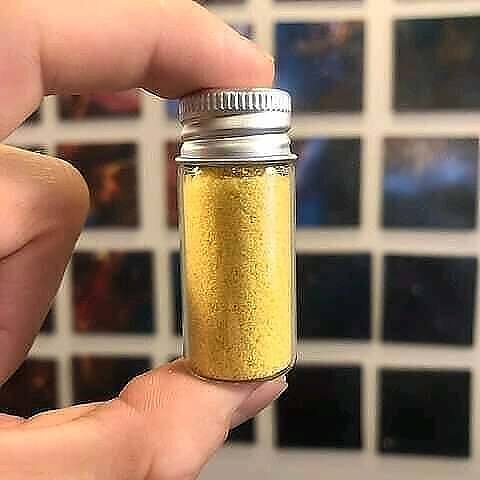
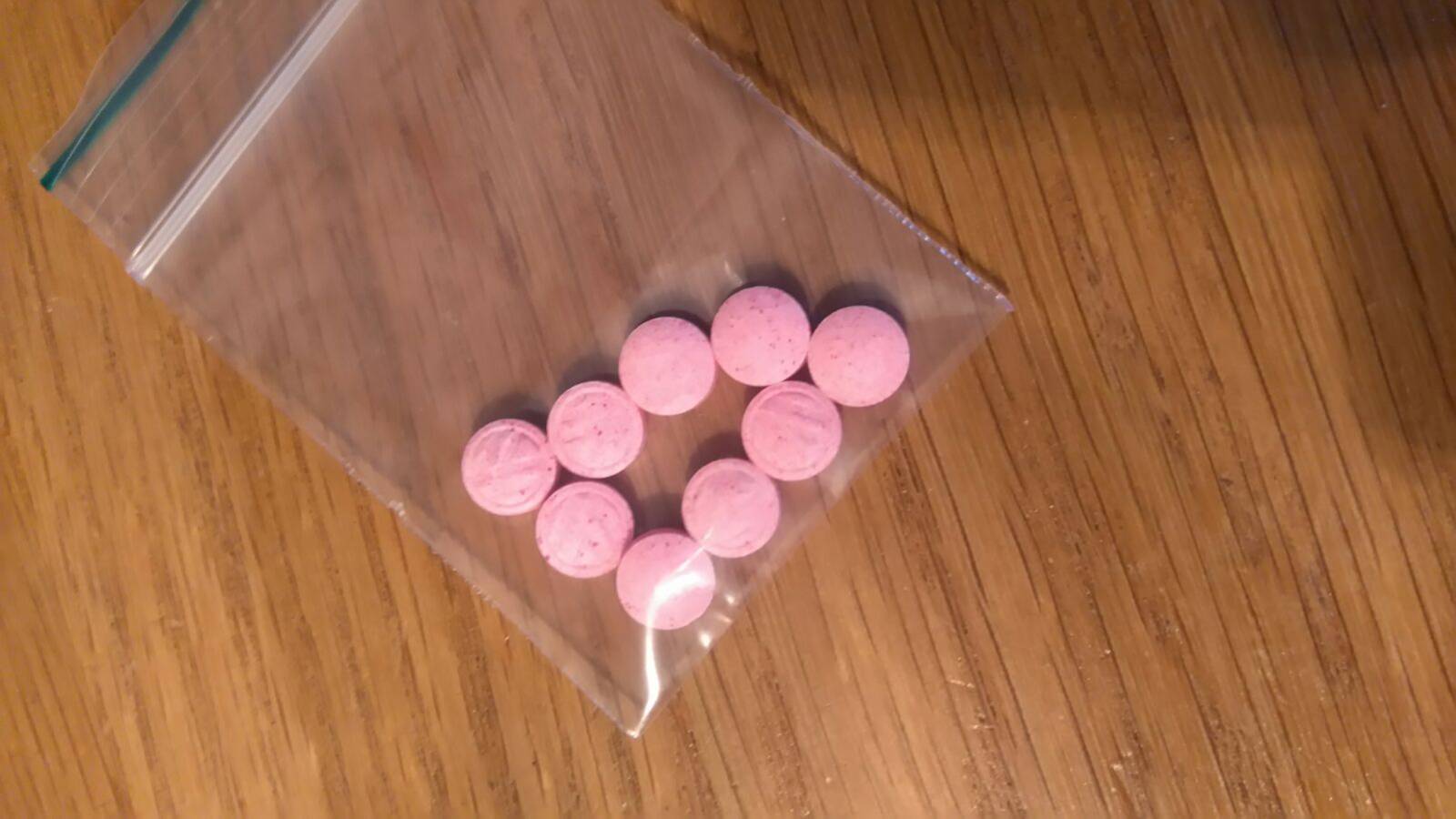

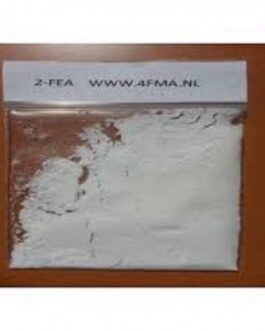
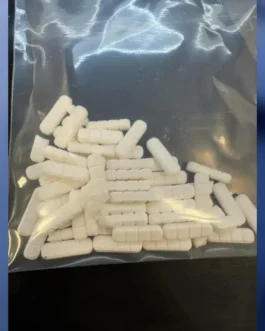
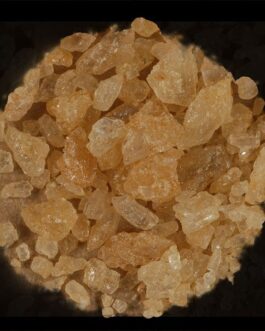
Reviews
There are no reviews yet.